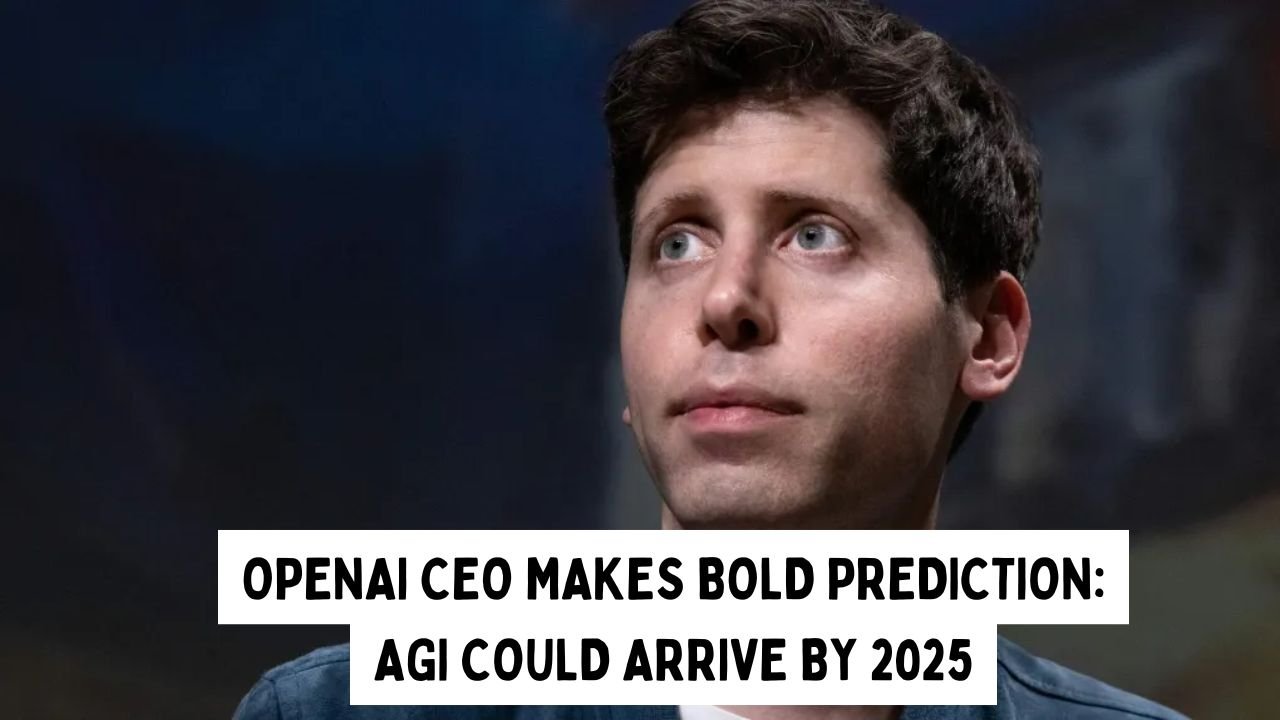OpenAI CEO Sam Altman has predicted that Artificial General Intelligence (AGI) could become a reality as soon as 2025, marking a potentially historic milestone in artificial intelligence development.
Speaking during a Y Combinator interview, Altman presented an optimistic timeline that stands in sharp contrast to the broader consensus within the AI community, where most experts anticipate AGI’s arrival closer to 2050 or beyond.
A Controversial Timeline
Altman’s prediction is particularly notable given OpenAI’s recent achievements and financial backing. The company has secured a substantial $6.6 billion in funding and reached a market valuation exceeding $157 billion, demonstrating strong investor confidence in its vision. With ChatGPT reaching over 250 million weekly active users and 92% of Fortune 500 companies utilizing OpenAI’s technologies, the company has established itself as a leading force in AI advancement.
However, Altman’s bold timeline has met with significant skepticism from AI researchers and experts. A 2022 survey of 352 AI specialists revealed a median estimate for AGI development around 2060, with most experts believing the technology requires decades rather than years to achieve.
Technical Hurdles and Challenges
The path to AGI faces several substantial technical challenges that current AI systems have yet to overcome:
- Common-sense reasoning and intuitive understanding of the world
- Dynamic context awareness and adaptation
- Handling uncertainty and incomplete information
- Developing systems capable of continuous learning without losing existing capabilities
Adding to these technical challenges, OpenAI faces significant operational costs, with projected losses of approximately $5 billion this year, primarily due to the extensive computing resources required for training and operating its AI models.
Surprising Perspective on Impact
Perhaps most intriguingly, Altman has suggested that the initial societal impact of AGI might be “surprisingly little,” a statement that has sparked additional debate given the potentially transformative nature of such technology. This perspective adds another layer of complexity to the ongoing discourse about the future of artificial intelligence and its role in society.
While Altman maintains that AGI might be achievable with current hardware capabilities, the AI community continues to debate whether existing approaches to machine learning will be sufficient to bridge the gap between today’s specialized AI systems and true artificial general intelligence.
As the 2025 milestone approaches, all eyes will be on OpenAI and its ambitious pursuit of this technological breakthrough, which could potentially reshape our understanding of artificial intelligence and its capabilities.

